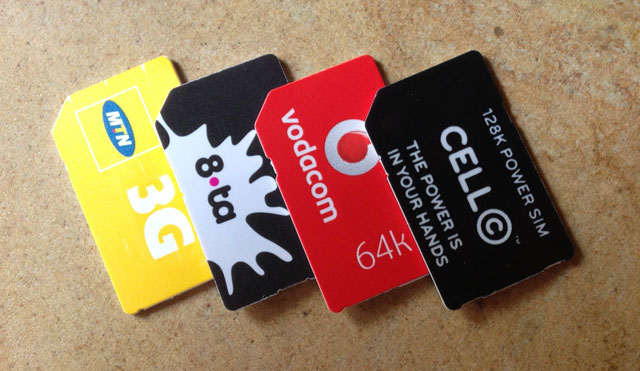 Tensions are growing in South Africa’s mobile telecommunications industry as the Independent Communications Authority of South Africa (Icasa) gets nearer to publishing final regulations that will govern decreases in wholesale inter-network call charges over the next three years.
Tensions are growing in South Africa’s mobile telecommunications industry as the Independent Communications Authority of South Africa (Icasa) gets nearer to publishing final regulations that will govern decreases in wholesale inter-network call charges over the next three years.
The charges, known technically as wholesale mobile call termination rates, or MTRs, are the regulated fees network operators charge each other to carry voice calls between their networks. If Icasa goes ahead with the rate cuts as proposed, it could “shock” and “damage” the industry or lead to greater competition and lower prices for consumers. It all depends on who you listen to.
Icasa has proposed a big reduction in MTRs, starting with a 50% cut on 1 March 2014, from 40c/minute to 20c/minute. If the authority’s draft regulations are implemented as they stand — and that’s far from certain as MTN and Vodacom are lobbying hard to soften the blow — the rates will fall by half again by 2016, to just 10c/minute.
At the same time, Icasa wants aggressive “asymmetry” that skews the market in favour of players with less than 25% of the market — and that includes Cell C and struggling newcomer Telkom Mobile. In effect, Vodacom and MTN will pay Cell C and Telkom Mobile a significantly higher MTR in a move designed to allow the two smaller operators to challenge the two big incumbents more effectively in the retail market. MTN and Vodacom, which, it must be noted, have enjoyed years of asymmetry with Telkom’s fixed voice network — Telkom has effectively subsidised them to the tune of billions of rand — have warned that asymmetry for Cell C could damage the industry.
To be sure, the cuts to MTRs that Icasa is proposing are significant, especially if one considers that just four years ago the rate during peak times was a high R1,25/minute. The rate shot up to that level at around the time that Cell C was licensed. Vodacom and MTN have repeatedly rejected allegations that they forced up the rate, with the blessing of a hapless regulator, in a move designed to keep their new competitor weak. They argue Cell C was actually a net beneficiary.
Whatever the case was historically, Icasa is pushing through the cuts in the hopes that operators will pass on the savings to end users in the form of lower retail tariffs. It forms a cornerstone of the authority’s programme to bring down communications costs in South Africa.
So, have recent cuts in MTRs worked? That depends on who you speak to. Ask Telkom Mobile and Cell C and they’ll say they’re able to drive down prices because inter-network wholesale rates have been slashed. Ask MTN and Vodacom, and they’re more likely to argue that rates have come down because of robust competition at the retail level, not because of lower wholesale charges.
In fact, MTN South Africa CEO Zunaid Bulbulia insisted in an interview with me this week that there is no correlation between MTRs and retail prices. He warned that Icasa is behaving “irrationally” in proposing steep cuts in the rates up to 2016, and said the MTN group could redirect capital spending away from South Africa and to markets where it enjoys a higher return on capital.

Is he bluffing? He claimed it’s already happening, with MTN’s capital spending plans reduced for the 2014 financial year because of regulatory uncertainty.
But MTN is feeling the pressure from Cell C, shedding market share this year to its smaller rival. A step change in the level of asymmetry could hurt it much more. Bulbulia certainly didn’t mince his words this week when he described Cell C as a “failing business” that wants to use asymmetry to take Vodacom and MTN’s money to repay the debt it owes its foreign shareholders, in the process endangering the two bigger operators’ network investment commitments. Cell C acting CEO Jose Dos Santos has accused MTN of crying wolf and of making “exaggerated and misleading” claims.
All the operators have held in-camera briefings with Icasa in recent weeks. Vodacom and MTN will have argued strongly against asymmetry for Cell C and asked for a gentler glide path in the rates over the next three years. Cell C, no doubt, has welcomed the cuts.
Whatever Icasa decides, the impact will be felt for years to come.
- Duncan McLeod is editor of TechCentral. Follow him on Twitter
- This column was first published in the Sunday Times




